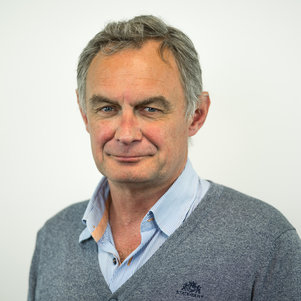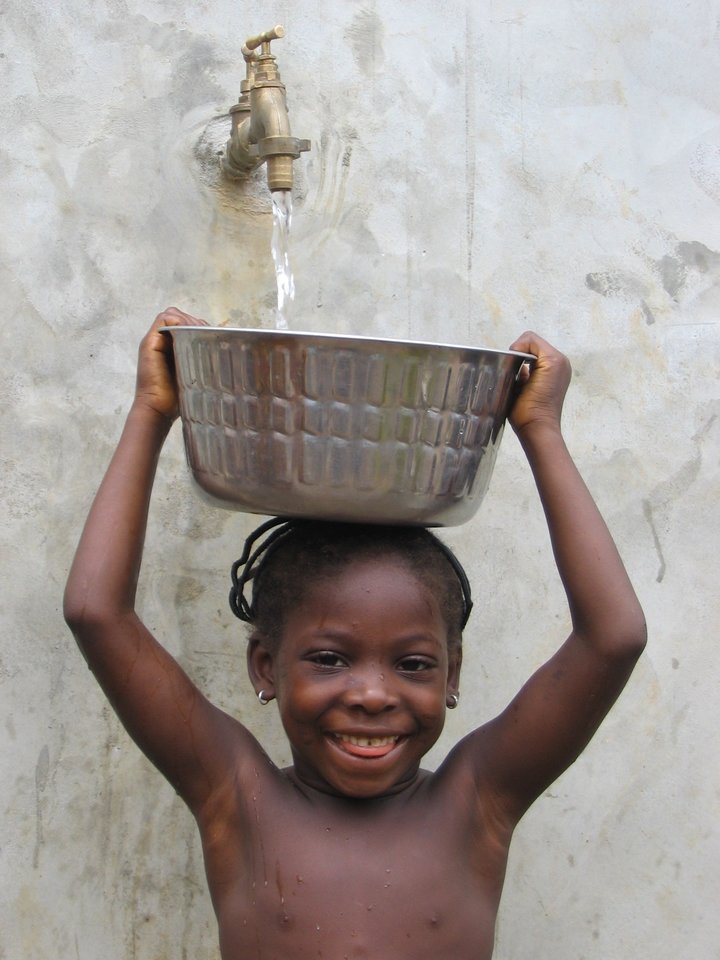Riverbank filtration in highly turbid rivers
Riverbank filtration (RBF) is a surface water filtration method for drinking water through the banks and bed of a river source, using extraction wells located near the water body in order to ensure direct aquifer recharge. As the surface water travels through the sediments, contaminants, such as pathogenic microorganisms, are removed. Apart from water quality improvement, RBF has the advantage of reducing peak concentrations which commonly pass along a river. RBF has been widely used in Europe, USA and, nowadays, in some Asian countries (e.g., South Korea, India, China).
Juan Pablo Gutiérrez Marín together with Luuk Rietveld and Doris van Halem, researched if RBF is also feasible for highly turbid river water, with fieldwork done in Colombia to characterize the suspended particulate matter. From column experiments done in the Sanitary Engineering lab of TU Delft, it was found that deep bed clogging is the limiting clogging mechanism governing the discharge of riverbank filtration systems.
In addition to this field- and labwork, a multi-criteria analysis methodology was used to compare the technology with alternatives. Based on the criteria’s investment, operation and maintenance requirements, sludge management, environmental impact, vulnerability issues, current legal aspects and social acceptance, it was concluded that the RBF technology is a feasible and more reliable alternative than other water treatment technologies.
Location
Cali, Colombia
Juan Pablo Gutiérrez Marín

Doris van Halem


